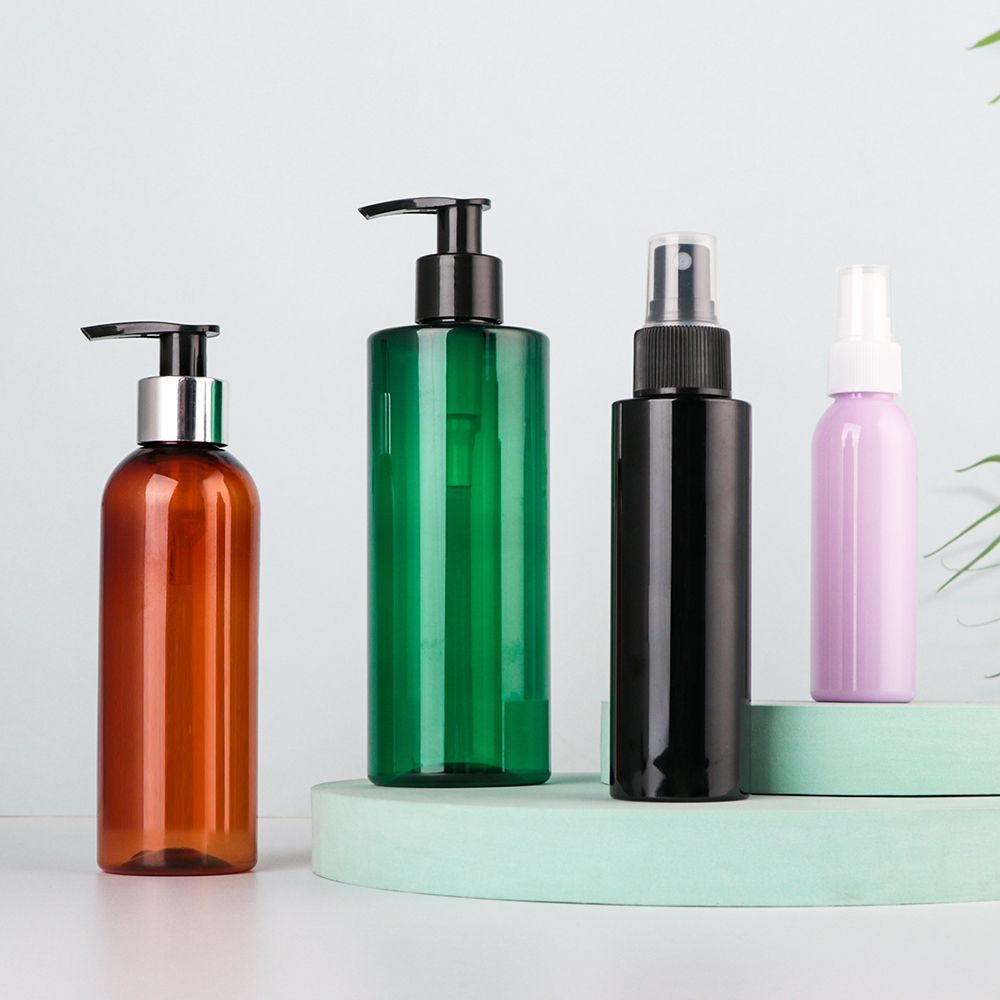Governor Maura Healey’s executive order banning state agencies from buying single-use plastic bottles sends a message to the Legislature that it needs to get serious about restricting plastics. The Commonwealth lags behind other states on banning plastic products.
New Jersey has one of the nation’s strictest bans on plastic products. It bans single-use plastic bags and polystyrene foam food service products. Grocery stores 2,500 square feet or larger cannot sell paper bags — only reusable carryout bags. Plastic Squeeze Bottle

Contrast that with Massachusetts, where there is a hodgepodge of local bag bans (157 cities and towns have them) but no statewide ban. Boston’s ban, implemented in late 2018, applies to checkout bags at retail stores, excluding dry cleaning, produce, and newspaper bags. Purchasing a bag costs at least 5 cents — not much of a deterrent. Some towns charge 10 cents per bag; some also ban polystyrene containers.
Massachusetts needs plastics legislation that goes well beyond Healey’s order. Numerous plastic bans have been proposed over the years, but none have passed. The Legislature is considering many bills in the 2023 session related to packaging, including the Plastics Reduction Act, which would create a statewide plastic bag ban and require disposable food service items (plates, bowls, cartons, etc.) to be biodegradable or compostable. The law would make Massachusetts the 11th state to pass a single-use ban.
But that’s not enough. Plastic bags comprise only about 12 percent of the plastic waste stream. Cutting their use as well as telling state agencies not to use plastic bottles are symbolically important, but Massachusetts needs stronger policies. To dramatically reduce plastic pollution, plastic production has to be reduced dramatically.
The United Nations reports that about 7 billion of the 9.2 billion tons of plastic produced from 1950-2017 ended up in landfills or dumped — the equivalent of one garbage truck of plastic being dumped into oceans a minute. Eighty percent of marine pollution is plastic. Humans, wildlife, and marine life ingest it with negative health effects. More recycling isn’t the answer as each round of recycling produces a lower grade product, meaning that more plastic is still needed. And there is evidence that recycled plastic contains toxic chemicals. Yet oil companies are making record investments in new plastic production.
Plastic is produced from fossil fuels and creates emissions throughout its life cycle — from fossil fuel extraction, plastic refining, and managing the waste. Producing ethylene, a key ingredient of polyethylene plastics, produces emissions equivalent to what 45 million cars produce in a year and these emissions are expected to increase by 34 percent between 2015 and 2030.
It would be politically impossible to ban plastic production. But states and nations can keep reducing its use.
While at a recent conference in Ljubljana, Slovenia, I took a break to attend a food fair. Every food item was served in a compostable cardboard container. Paper coffee cups didn’t have the lining that makes them unrecyclable and had cardboard lids. Slovenia bans most single-use plastic items, including plastic cutlery, plates, and polystyrene food and beverage containers, with high fines for noncompliance. Slovenia is not an outlier in Europe. The stimulus for its law was the European Union’s European 2021 Directive on single-use plastics, which all 27 member states must enforce.
Even with more comprehensive bans such as those in EU countries, banning single-use plastics on a product-by-product basis is not sufficient if the ultimate goal is to dramatically reduce plastic production. That’s why the EU has a related extended producer responsibility directive that requires producers to take back, recycle, or dispose of products they produced and the product packaging. The idea is to shift the responsibility of end-of-life product management from municipalities to producers and to incentivize producers to develop resource-efficient products and packaging. Six states, including Maine, have similar laws.
States need to keep chipping away to reduce demand for single-use plastics. Instead of just being the 11th state to pass a plastic bag ban, Massachusetts should follow the European Union and pass a more extensive single-use plastic ban.

Bottle Cap Plastic Joan Fitzgerald is a professor of urban and public policy at Northeastern University.